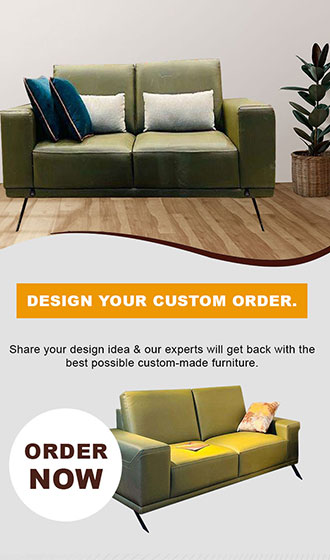The Psychology of Coffee Table Design: Understanding the Emotional Connection to Furniture Leave a comment
Introduction:
Coffee tables are more than just functional pieces of furniture – they also have a profound psychological impact on our emotions and well-being. In this blog, we’ll delve into the fascinating world of coffee table design psychology and explore the emotional connection we have to these essential living room fixtures.
1. The Power of Design:
Design plays a crucial role in shaping our emotional responses to furniture. The size, shape, color, and texture of a coffee table can evoke different feelings and moods. For example, a round coffee table may promote a sense of harmony and unity, while a rectangular table may convey stability and structure.
2. Creating a Focal Point:
Coffee tables often serve as focal points in living room decor, drawing attention and anchoring the space. The design of the coffee table can influence the overall atmosphere of the room, whether it’s cozy and inviting or sleek and modern. A well-chosen coffee table can set the tone for the entire space.
3. Emotional Attachment:
We form emotional attachments to our furniture, including coffee tables, as they become part of our daily lives. A coffee table that has been passed down through generations may hold sentimental value, evoking memories of family gatherings and special moments. Our emotional connection to furniture can influence our overall satisfaction with our living environment.
4. Reflecting Personal Style:
Coffee tables are a reflection of our personal style and taste. Whether we prefer minimalist designs, rustic charm, or contemporary elegance, our choice of coffee table says a lot about who we are and how we want to present ourselves to the world. A well-designed coffee table can enhance our sense of identity and self-expression.
5. Promoting Relaxation and Comfort:
The design of a coffee table can also impact our ability to relax and unwind in our living spaces. A clutter-free table with ample surface area can promote a sense of calm and tranquility, while a disorganized or overcrowded table may contribute to feelings of stress and anxiety. Choosing the right coffee table design can help create a harmonious and inviting environment.
Conclusion:
Coffee table design psychology is a fascinating field that explores the emotional connection we have to our furniture. By understanding the power of design, creating focal points, forming emotional attachments, reflecting personal style, and promoting relaxation, we can harness the psychological benefits of coffee table design to enhance our living spaces and improve our overall well-being.







